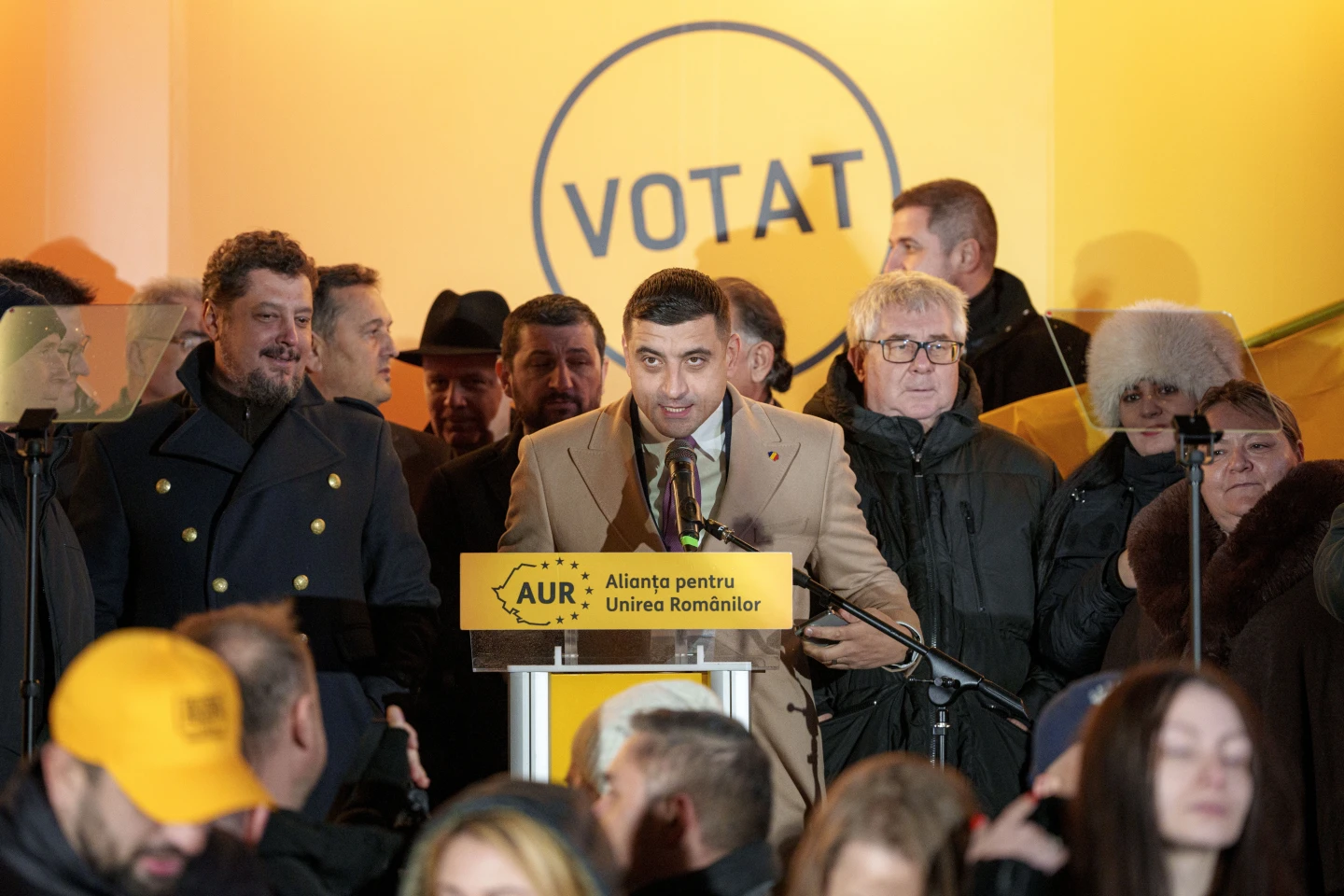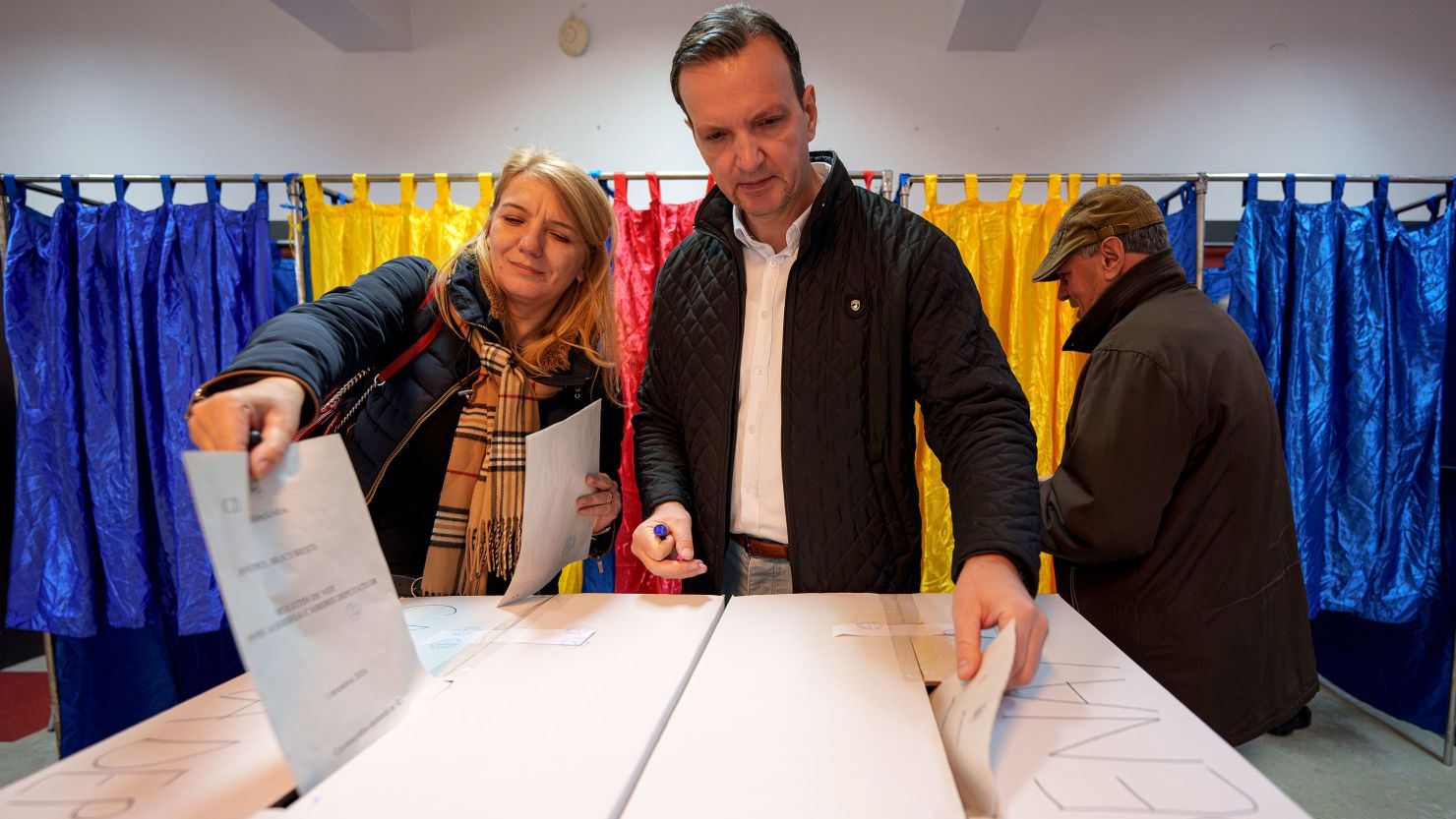Romania is experiencing significant political turmoil as voters participate in parliamentary elections, which follow a contentious first round of the presidential race. Allegations of electoral violations and possible Russian interference have raised tensions in the European Union and NATO member states.
By Sunday afternoon, about 42% of eligible voters had cast their ballots, aiming to elect a 466-seat legislature and a new government. The presidential race has created shockwaves, with far-right populist Calin Georgescu unexpectedly leading the first round and preparing to face reformist candidate Elena Lasconi of the Save Romania Union (USR) party in a runoff scheduled for December 8.
Georgescu’s unexpected rise has been attributed to his use of TikTok, where his popularity surged dramatically. Critics allege that this growth was artificially enhanced, raising questions about the integrity of his campaign. Georgescu’s controversial rhetoric, including praise for Romanian fascist leaders and Russian President Vladimir Putin, has triggered protests across the country.
Political observers interpret his success as part of a larger European shift toward far-right populism, fueled by dissatisfaction with traditional parties and economic hardships like inflation and rising living costs.
The presidential election results are under scrutiny, with the Constitutional Court ordering a recount amid allegations of electoral violations. Reports suggest Georgescu may have benefited from disproportionate exposure on TikTok, sparking concerns about foreign influence.

Romania’s Elections Spark Turmoil as Far-Right Surges Amid Allegations of Interference
The Central Election Bureau is working to address these issues, while the court considers whether to annul the vote. Political analysts predict that Georgescu’s momentum could impact parliamentary results, potentially boosting far-right parties to historic levels and significantly altering the composition of Romania’s government.
Romania’s traditional parties, the Social Democratic Party (PSD) and National Liberal Party (PNL), which have dominated politics since the fall of communism, are struggling to maintain their influence. Their coalition government, already strained, faces growing competition from newer and populist parties.
Smaller reformist and nationalist groups, such as REPER and Sens, could play a critical role, while far-right organizations aligned with Georgescu may surpass the 5% threshold to enter parliament. Despite its waning support, the USR remains a prominent contender in the elections.
As voters make critical choices, Romania’s political future is at a crossroads. Incumbent Prime Minister Marcel Ciolacu has stressed the importance of stability and maintaining the country’s pro-European and NATO alignment.
Meanwhile, Georgescu has framed the election as a moral battle, appealing to voters with promises of peace and national unity. With divisions evident among the electorate, the election outcome will have profound implications for Romania’s governance and its role within the European Union and the international community.











































